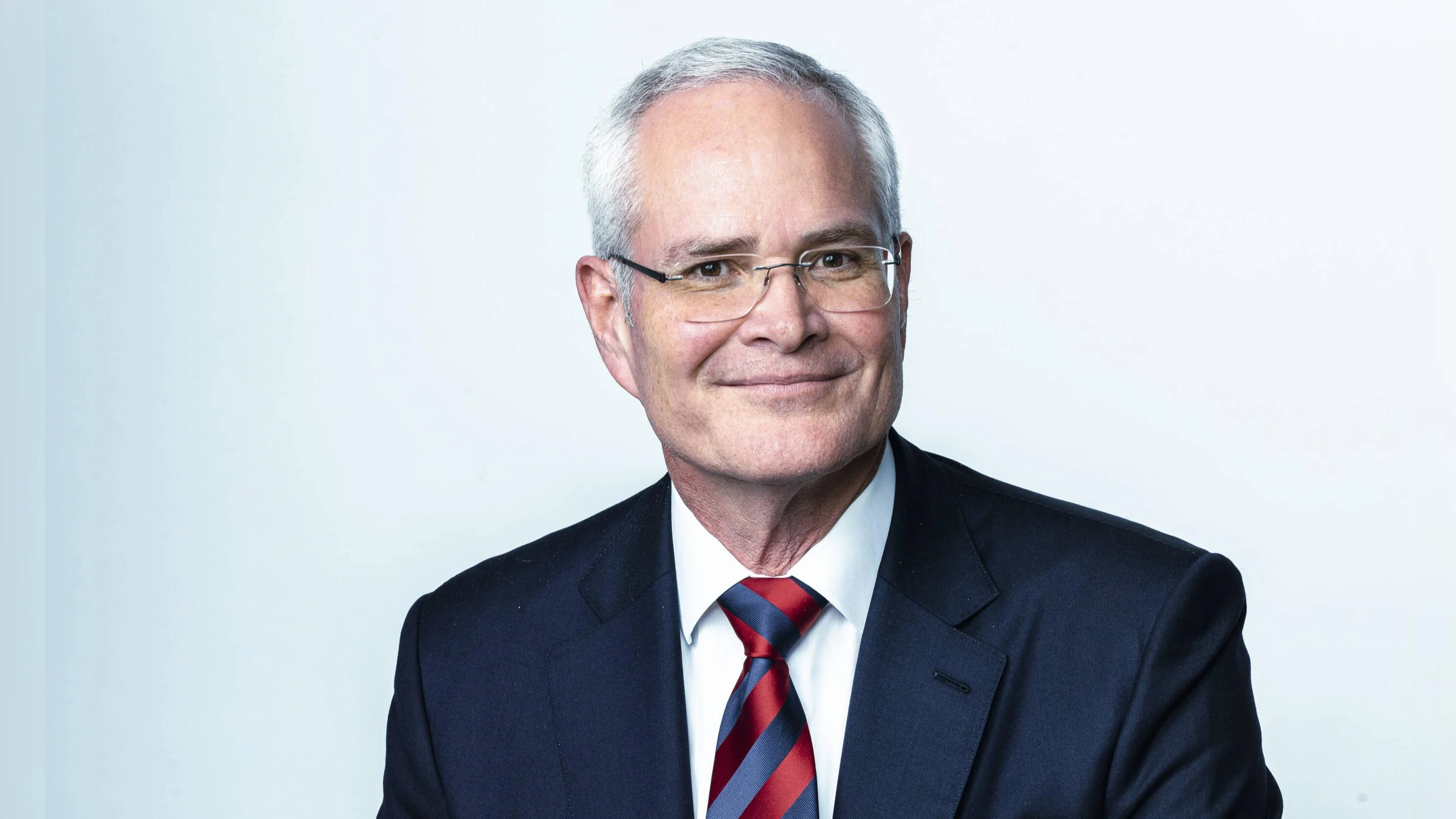Marubeni Corporation and Exxon Mobil Corporation have entered into a long-term agreement for the supply of low-carbon ammonia. Under the terms, Marubeni will purchase about 250,000 tonnes of low-carbon ammonia annually from ExxonMobil’s planned facility in Baytown, Texas. This facility is designed to produce hydrogen with nearly all carbon dioxide removed and will also manufacture low-carbon ammonia. Marubeni intends to deliver this ammonia mainly to Kobe Power Plant, which is owned by Kobe Steel. The company has also agreed to acquire an equity stake in ExxonMobil’s hydrogen and ammonia plant.
ExxonMobil’s Baytown facility is expected to become the largest of its kind globally once operational, with a capacity to generate up to 1 billion cubic feet per day of low-carbon hydrogen and more than 1 million tons of low-carbon ammonia each year. A final investment decision is anticipated in 2025, depending on supportive government policy and required permits.
“This is another positive step forward for our landmark project,” said Barry Engle, president of ExxonMobil Low Carbon Solutions. “By using American-produced natural gas we can boost global energy supply, support Japan’s decarbonization goals and create jobs at home. Our strong relationship with Marubeni sets the stage for delivering low-carbon ammonia from the U.S. to Japan for years to come."
“Marubeni will take this first step together with ExxonMobil in the aim of establishing a global low-carbon ammonia supply chain for Japan through the supply of low-carbon ammonia to the Kobe Power Plant,” said Yoshiaki Yokota, Senior Managing Executive Officer at Marubeni Corporation. “Additionally, we aim to collaborate beyond this supply chain and strive towards the launch of a global market for low-carbon ammonia. We hope to continue to actively cooperate with ExxonMobil, with a view of utilizing this experience and relationship we have built to strategically decarbonize our power projects in Japan and Southeast Asia in the near future.”
Kobe Power Plant aims by fiscal year 2030 to use a mix of fuels that includes co-firing with low-carbon ammonia as part of efforts to cut CO2 emissions. Marubeni expects that this initiative will help reduce emissions not only from power generation but also from other sectors such as steel manufacturing, chemicals, and transportation.
ExxonMobil operates one of the largest integrated fuel and chemical businesses worldwide and owns extensive CO2 pipeline infrastructure in the United States. The company has set targets for reducing greenhouse gas intensity across its operations by 2030 compared to 2016 levels—including cuts in methane emissions and flaring—and plans net-zero Scope 1 and 2 emissions from operated assets by 2050.
Both companies noted that future outcomes depend on several factors such as regulatory approvals, construction timelines, technical challenges, commercial demand for lower-emission products, government policies regarding carbon capture technologies, as well as partner participation.

